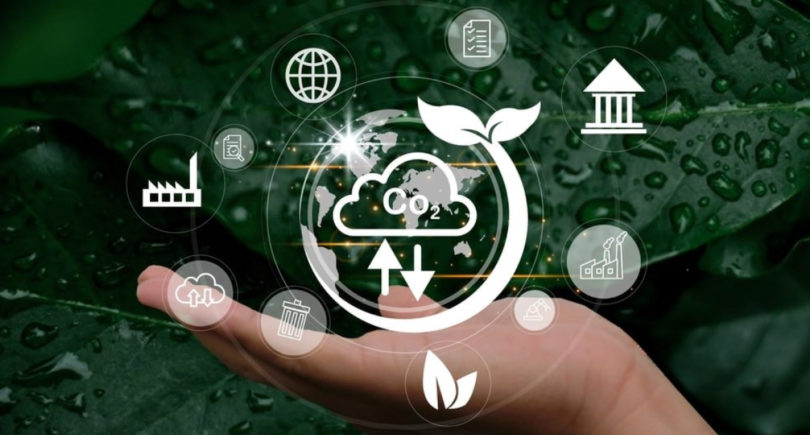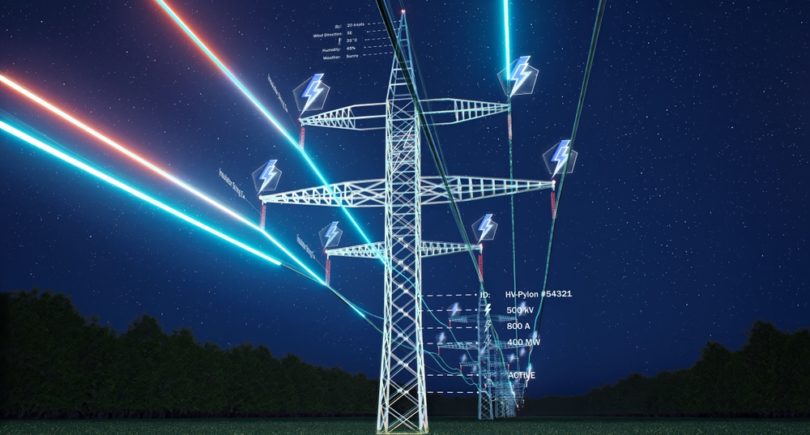
News Green steel CO2 emissions 1049 08 December 2022
The increase in electricity consumption in the EU will have a limited impact on the cost of the EUA
Analytical agency CRU Group is waiting, that the price of EU carbon allowances (EUA) will remain stable until the end of 2022, despite an increase in electricity consumption in Europe due to the cold weather.
During the cold period, electricity consumption in Europe increases, and this is usually offset by an increase in fossil fuel consumption. Electricity demand will be offset this year by France restarting some nuclear reactors after maintenance. Balanced renewable energy production and minor regulatory changes will have a limited impact on the cost of EUA.
As the agency notes, the volume of gas storage in the EU has reached 96%. The European Union continues to rely on LNG imports and increased coal consumption. While a further shift away from gas to coal is possible, increased winter energy demand will be met by additional coal-fired capacity, supporting the EUA price.
France is currently behind schedule for commissioning nuclear reactors. Only about 3 GW of generating capacity was added as of November 2022, leaving the 18 GW target by the end of 2022 out of reach. Additional nuclear power production will reduce the need for additional coal-fired electricity. This could reduce EUA demand by around 1.5% in December 2022.
The EU is now expected to avoid a deep recession this winter. The new forecasts raised expectations regarding the state of the EU economy for the fourth quarter of 2022 and the first quarter of 2023. They appeared after encouraging industrial production statistics for the third quarter of the current year. With gas storage nearly full, the risk that economic production will decline during the winter months is limited. High inflation and the war in Ukraine remain the key factors of uncertainty. However, CRU analysts believe that the European economy will be stable until the end of the year, supporting EUA prices.
In addition, EU leaders agreed to lower the starting price of the Market Stability Reserve (MSR) to avoid potential spikes in carbon prices that would affect economic growth. The changes involve intervention if the price of CO2 emission permits is traded at more than 2.4 times the average of the previous two years for at least six months. This decision will not affect the EUA price in the next four weeks.
As GMK Center reported earlier, negotiations on reforming the EU’s Emissions Trading System (ETS) have slowed ahead of the final round scheduled for December 16. One of the key points for EU member states is the plan to phase out the free distribution of CO2 emissions quotas for the steel industry and aluminum producers.




